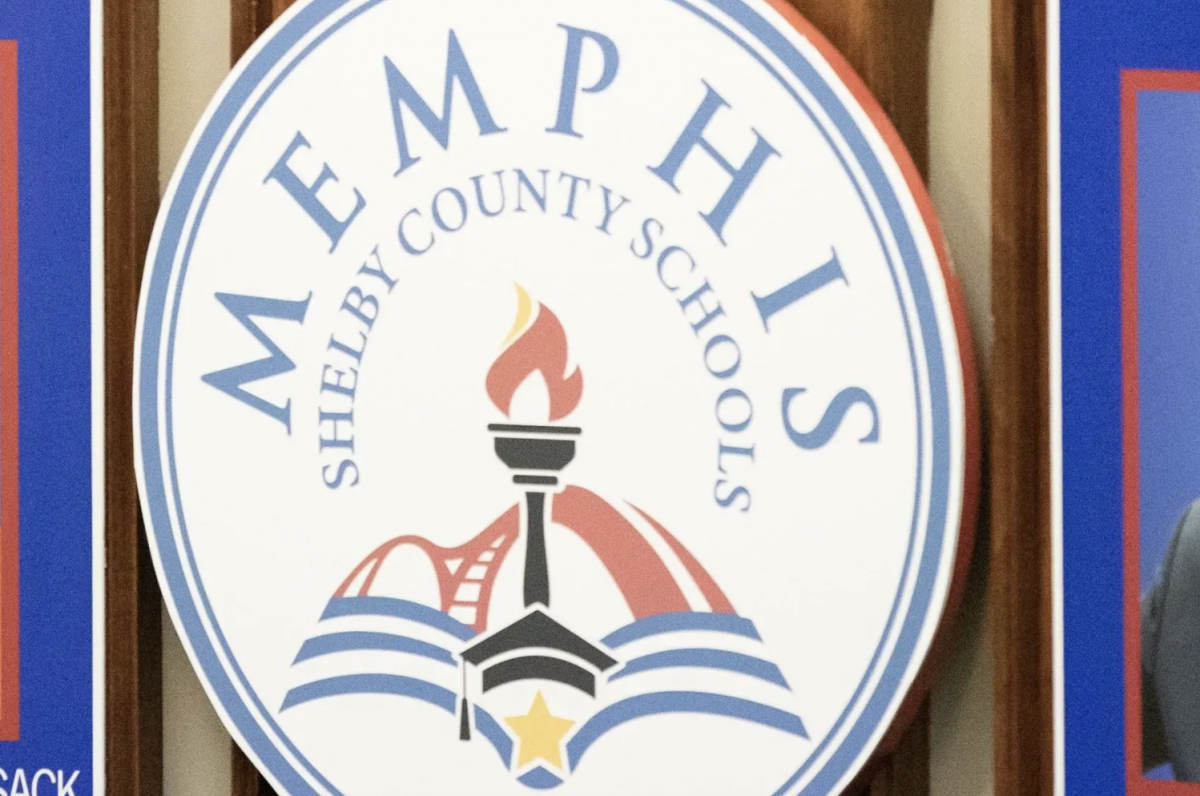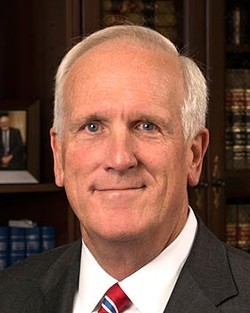This story was originally published by the Nashville Banner. Sign up for their newsletter.
In the latest overt challenge to Supreme Court precedent, Tennessee Republican lawmakers have introduced a bill that would allow school districts to deny undocumented students from enrolling. The bill runs counter to the 1982 U.S. Supreme Court Plyler v. Doe decision, which entitled all children to public education despite immigration status.
The bill, introduced Tuesday by Tennessee House Majority Leader Rep. William Lamberth (R-Portland) and state Sen. Bo Watson (R-Hixson), would directly challenge more than 40 years of precedent by allowing local education authorities, like school boards, to bar students without legal citizenship from attending public schools.
In an accompanying statement, Watson and Lamberth say the bill intentionally “seeks to challenge” the court decision, citing the cost of public education.
“The flood of illegal immigrants in our country has put an enormous drain on American tax dollars and resources. Our schools are the first to feel the impact,” Lamberth said. “Tennessee communities should not have to suffer or pay when the federal government fails to secure our borders. Our obligation is to ensure a high-quality education for legal residents first.”
Watson’s comments Tuesday similarly focused on the impact on public school funding.
“Our education system has limited resources, which should be prioritized for students who are legally present in the country,” Watson said. “An influx of illegal immigration can strain LEAs and put significant pressure on their budgets. This bill empowers local governments to manage their resources more effectively and builds upon the legislative action taken during the special session to address illegal immigration at the local level.”
The bill follows a four-day special legislative session that focused on increasing immigration enforcement and a $447 million school voucher plan. According to the legislature’s estimates, the voucher plan will directly remove $47 million from public school education and that amount could continue to grow.
Their arguments echo those of Rep. Gino Bulso (R-Brentwood), who introduced the “Tennessee Reduction of Unlawful Migrant Placement” or “TRUMP” Act in January, which would, among other things, require the parents of children without full citizenship to pay tuition to attend public schools. At the time, Bulso said the bill was to conserve public resources for citizens, but he also noted that such legislation can be a “disincentive for those who are considering coming into the country illegally from coming to Tennessee.”
Casey Bryant, founder and executive director of Advocates for Immigration Rights of Memphis, said that the bill is far from being enacted despite the momentum from Tennessee lawmakers who favor penalizing and deporting those without citizenship.
“I think there’s always been people who were trying to do this, and they’ve been just chomping at the bit to make it happen,” Bryant said of Tennessee lawmakers Tuesday. “Even if it gets through the Tennessee General Assembly — which will be shameful for the state — it won’t go into effect for a long time, because this gonna be wrapped up in years of litigation.”
As an immigration attorney, Bryant says the litany of recent proposed policy changes at the state and federal level have already had a cooling effect on the immigrant community, despite their citizenship status, even before the aggressive policies take place.
“I mean, people are not going out at all,” Bryant said of immigrant communities in Memphis, noting a number of people have been missing work out of fear of ICE raids.
“There is a lot of fear, and it really is sending a message across the land that this isn’t a safe place for people and they’re going to be penalized for who they are or what they look like, even people who have lawful status in the United States,” he added.
The proposal is consistent with Tennessee Republican lawmakers and Gov. Bill Lee responding to President Donald Trump’s edict for state and local governments to crackdown on immigration enforcement in recent weeks. It also highlights a growing pattern of Tennessee leadership’s willingness to push legally contentious policies with the intent of hashing it out in court.
Sen. Raumesh Akbari (D-Memphis) condemned the bill as a distraction from policies that might address public school funding and fraught with legal trouble.
“House Bill 793 isn’t just cruel — it’s unconstitutional. This isn’t a policy proposal; it’s a lawsuit, designed to deny children their right to an education and waste taxpayer dollars. Every child, no matter their background, deserves a public education,” Akbari said.
During a victory lap press conference at the end of the special session, Lamberth indicated that Republican leadership would continue to be “bold” enough to introduce bills likely to face constitutional challenges, citing an ongoing Supreme Court challenge to the state’s gender-affirming care ban for minors.
Sen. London Lamar (D-Memphis) said the policy contributes to a recent pattern of biased education decisions in Tennessee, citing local book bans that target works written by people of color, the voucher bill that opponents believe will worsen disparities in education and ongoing financial peril at Tennessee State University, the state’s oldest HBCU.
“This bill doesn’t even try to hide its prejudiced intent,” Lamar said. “Like school vouchers, which were designed in response to desegregation, this legislation cherry-picks which students deserve opportunity. We’ve seen this before, and we won’t let them drag us backward.”









